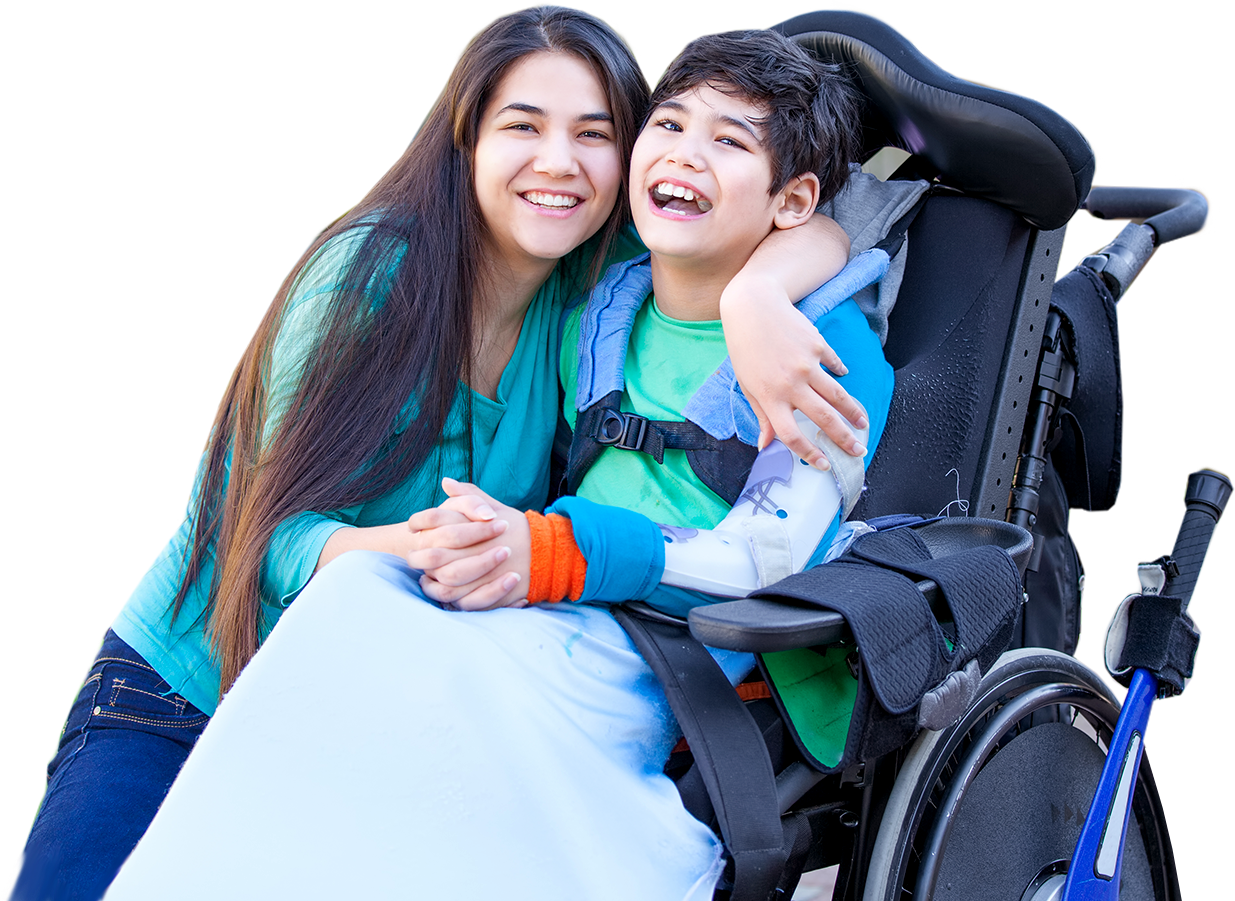Birth Injury
advice for birth injuries and what to expect

- Alternative
- Assistive Technology
- Associated Conditions
- Birth Injury
- Causes of Cerebral Palsy
- Cerebral Palsy Diagnosis
- Cerebral Palsy Information
- Cerebral Palsy Therapies
- Cerebral Palsy Treatments
- Child Development
- Doctor Visits
- Education
- Equipment
- Featured
- Legal Help
- Medical Research
- News
- Patient Care
- Prenatal Care and Childbirth
- Stories
- Tips for Parents
- Types of Cerebral Palsy
- Updates
Posts in 'Birth Injury'
Federal Law: The “Stay Put” Rule
CPFN Special Contributors Anita Howell and Lisa Viele explain the federal “Stay Put” rule—which gives parents a voice when making decisions about their children’s education—and how it impacted Anita’s son, Ryan. TRANSCRIPT Text: Ever walk into an IEP (Individualized education plan) meeting and feel overpowered by the teachers and their plans? The federal “Stay Put”... Read More
Anoxia/Lack of Oxygen and Cerebral Palsy
Though birth complications are rare, they do still occur, and issues like anoxia can have a huge impact on your baby’s life. Anoxia refers to a complete loss of oxygen, an uncommon, and often preventable, but very dangerous risk during childbirth that can lead to permanent physical impairment. What Is Anoxia/Lack of Oxygen? Anoxia happens... Read More
Causes of Cerebral Palsy
Cerebral palsy, or CP, is the result of abnormal development or damage in the areas of the brain that control movement. The events that cause CP typically occur before, during, or shortly after a baby is born, or when the brain is developing in the first few years of the baby’s life. Here is a... Read More
How to Find a Cerebral Palsy Lawyer
Cerebral palsy, a lifelong condition caused by damage to the developing brain, can result in problems with bodily movement, memory, attention, and more. Many factors—including, lack of oxygen to the fetus, and trauma sustained before, during, or shortly after birth—can cause the condition. However, in some cases medical malpractice is to blame. Unfortunately, you may... Read More
A Parent’s Guide to Birth Asphyxia and Cerebral Palsy
If your baby suffered asphyxia during birth that resulted in a brain injury, you are likely seeking answers about why and how the injury happened, if it could have been prevented, and what your child’s future looks like. Below we answer some of the most common questions parents have, including those about birth asphyxia and... Read More
Dyskinesia and Cerebral Palsy
Dyskinesia by definition is a movement disorder. Involuntary (not within a person’s control) muscle contractions create uncontrollable bodily movements. These involuntary movements are often triggered when trying to perform everyday tasks, such as reaching for a glass of water. There are three general categories of dyskinetic movement disorders: Dystonia presents as twisting and repetitive type... Read More
Apraxia and Cerebral Palsy: How Are They Linked?
From balance and posture to speech and vision, cerebral palsy can affect a wide range of your child’s abilities and symptoms. Some children who develop cerebral palsy also have related complications and disorders, such as apraxia of speech. Discover how apraxia and cerebral palsy may be linked, and learn more about diagnosis and treatment for... Read More
Alcohol and Drug Use During Pregnancy
Cerebral palsy is the result of abnormal brain development or damage to the brain of a fetus or young baby. There are a number of factors that can lead to the development of cerebral palsy, with many of them related to prolonged labor, high-risk mothers, and medical negligence. In some cases, it is impossible to... Read More
How To Choose a Cerebral Palsy Lawyer
When your child is diagnosed with cerebral palsy and you believe the condition was caused by medical malpractice, you may feel an understandable sense of urgency when it comes to seeking justice for your child’s injury. You may also feel pressed to choose an attorney because of concerns about the statute of limitations—the window of... Read More
Cerebral Palsy Medical Malpractice
Cerebral palsy is a group of permanent, non-progressive disorders caused by either abnormal development of the brain or damage to the developing brain. This developmental interference impacts a child’s ability to control his or her muscles, which makes CP a motor disability. The three types of CP are: Spastic cerebral palsy: causes stiffness and movement... Read More
